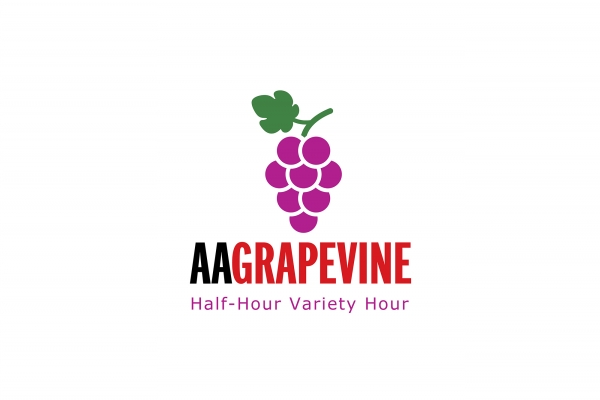Shrink Rap
Not long ago, I was invited to attend a state psychiatric conference to help staff an AA “Cooperation With the Professional Community” information booth. Our booth was situated among various vendors, and was also next to the free snacks and beverages. Two doctors walked into our booth area casually carrying their goblets full of red wine. Suddenly realizing they were in an Alcoholics Anonymous booth, they each took a couple of steps back before asking if it was OK to bring their wine into our area. I was quick to tell them we have no opinion on the use of alcohol. Feeling more at ease, the doctors began to ask us questions and share their concerns about AA.
One concern was their fear that members of AA would tell their patients they couldn’t be sober if they were on prescribed medications. True enough, I’ve heard horror stories about this, and I’ve witnessed it firsthand in open discussion meetings. If I were a doctor, I would be concerned too. We did our best to allay their concerns by showing them our pamphlet, “The A.A. Member—Medications & Other Drugs” and explaining how we as a Fellowship understand it isn’t our place to play doctor or express an opinion on such treatments. I offered a few suggestions to the doctors.
First of all, I said that it isn’t anyone’s business in AA what medication a member is taking, suggesting that their clients not share such personal information to begin with. We do not police our members; we are nonprofessional. I acknowledged that sometimes there are ill-informed members in AA who are willing to talk at great length on matters they know nothing about. I suggested that the doctors contact the local AA Intergroup or Central Office to ask for members from their Twelve Step or Public Information Committee to come out and meet with them and then meet their client. In this way they could address all of their concerns about AA, and if the client was willing, help safely introduce the potential member into the local AA community.
The doctors liked our suggestions, and they seemed surprised that AA could offer this sort of help. Other doctors visited our booth, and we offered them the opportunity to subscribe to the “About AA” newsletter and answered more questions about the AA program and, more importantly, told them how to get in touch with the local AA community.
How can we attract alcoholics if we don’t reach out? If we remain passive with our outreach to the professional community and let misinformation and misunderstanding guide the professional community’s opinion of us, how many drunks might suffer and die? Reaching out is not promotion. Radio and TV public service announcements, ads in newspapers and billboards letting the public know who we are, what we do and that we are here to help anyone with a drinking problem are not promotion. They’re a demonstration of love. We care and we’ve been there.





